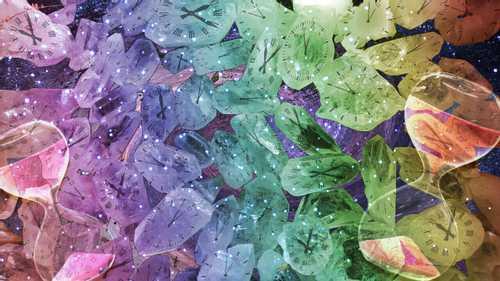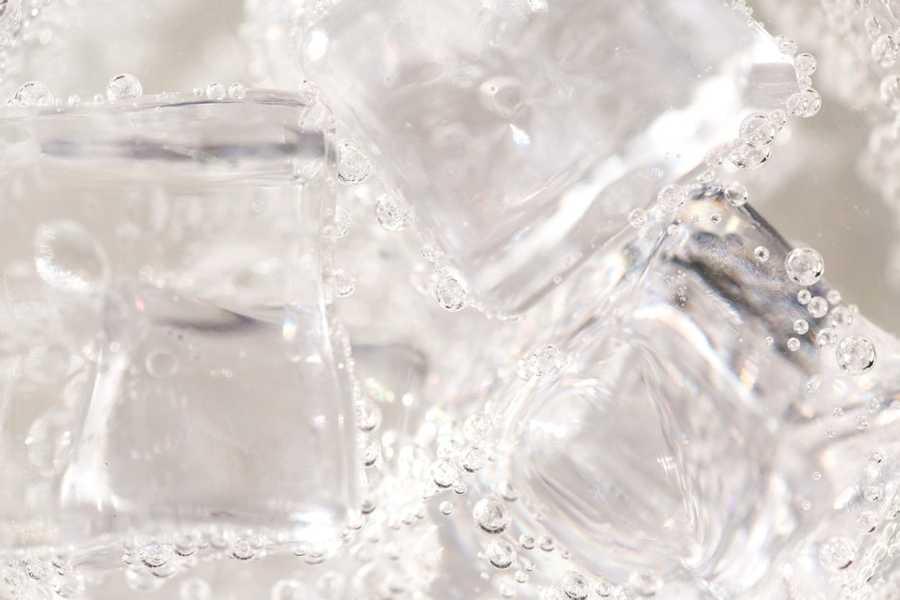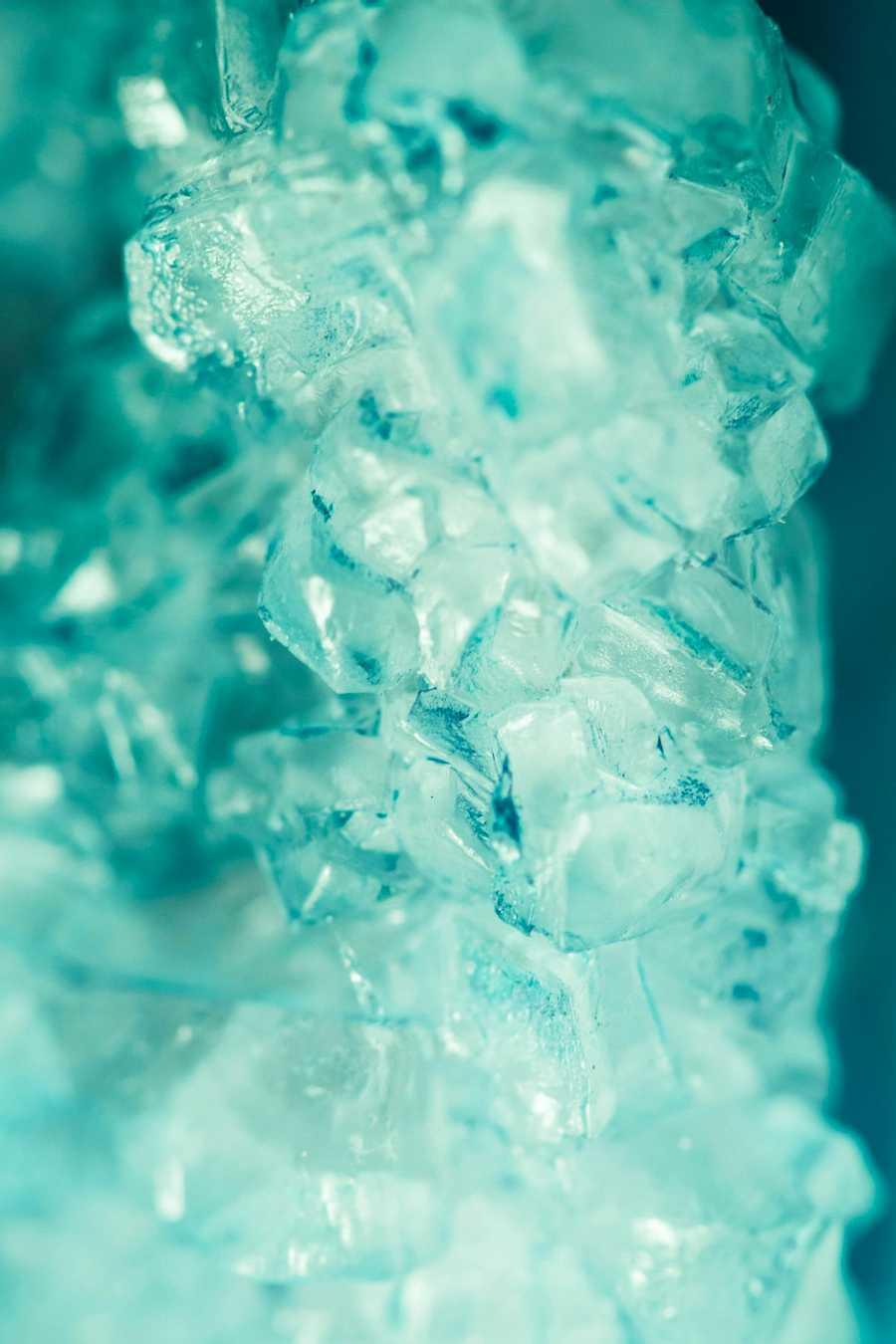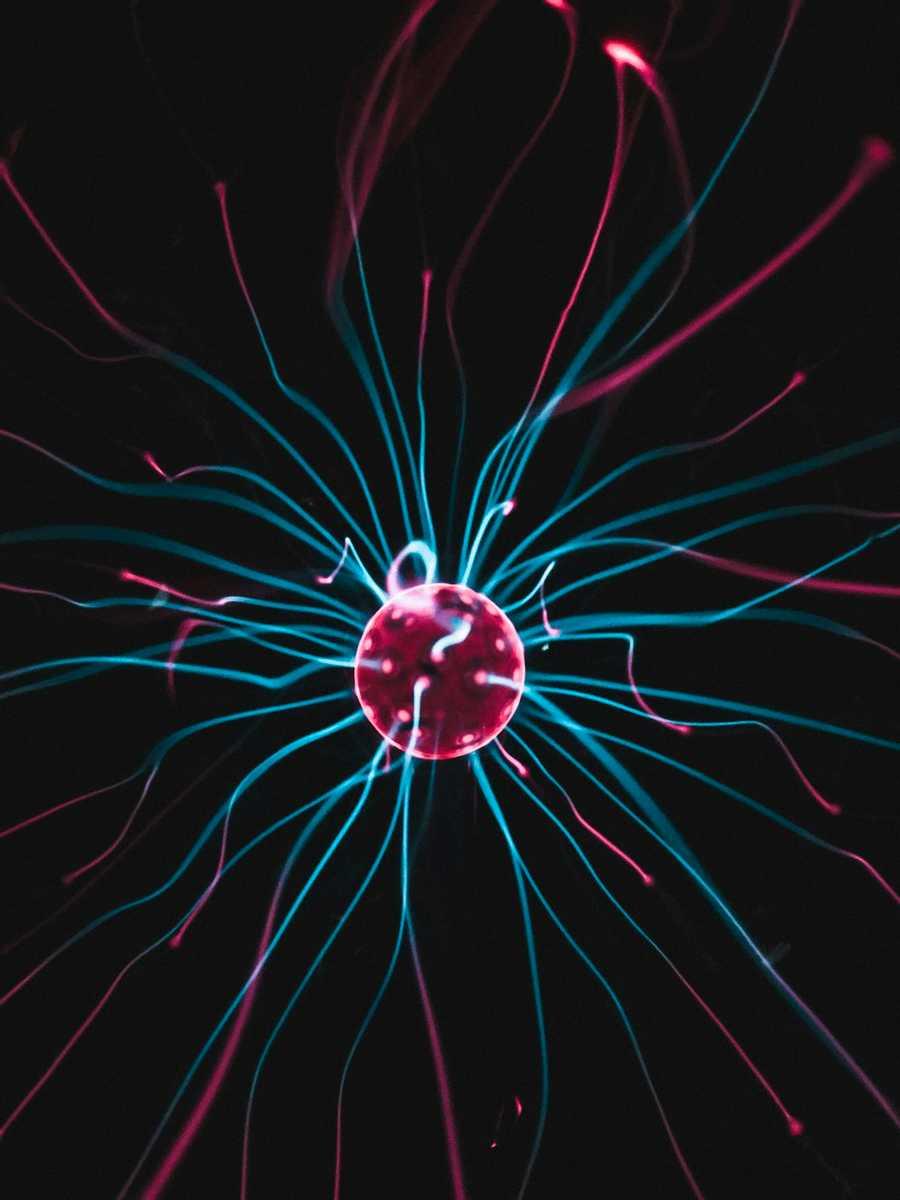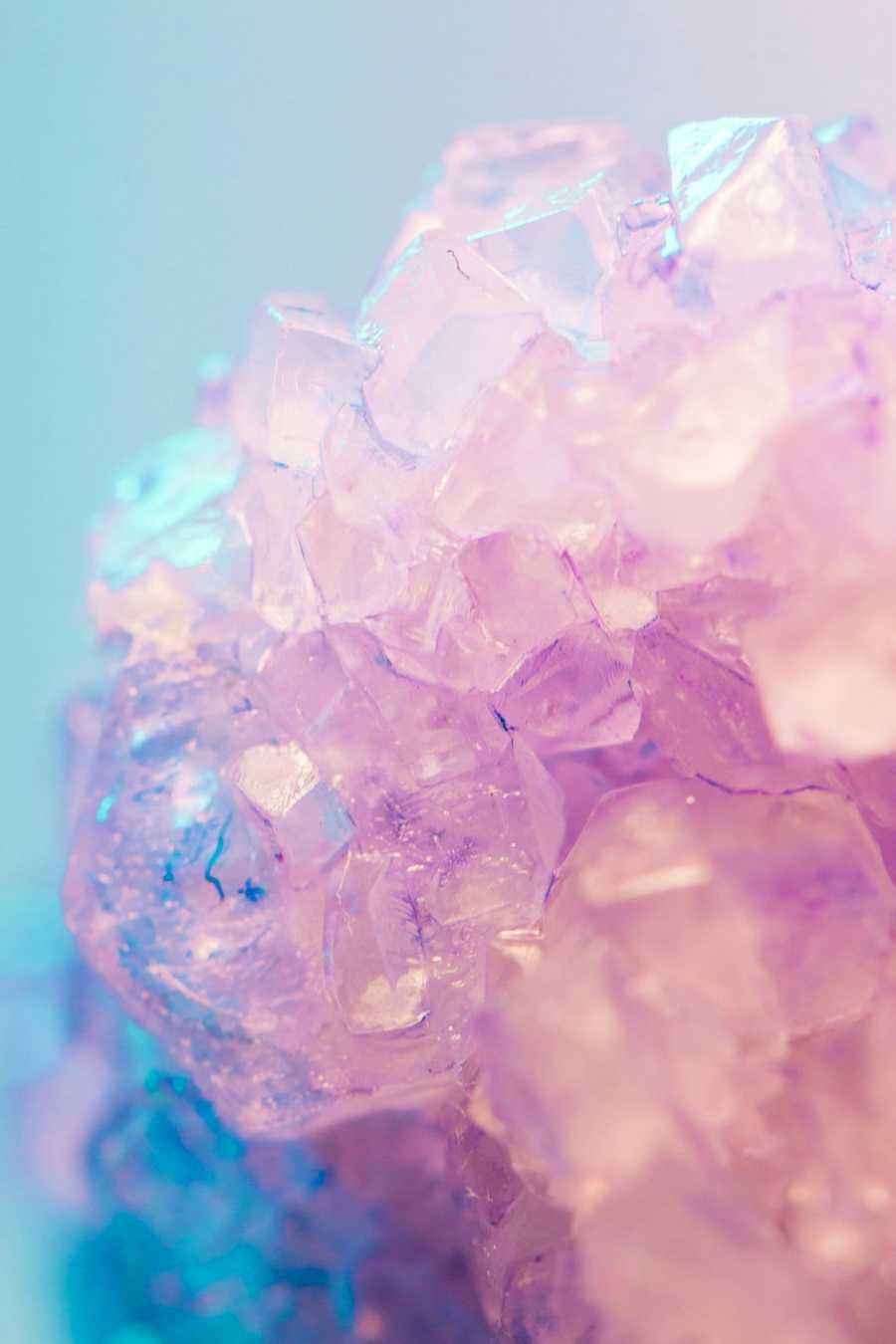Explore the World's Best Ideas
Join today and uncover 100+ curated journeys from 50+ topics. Unlock access to our mobile app with extensive features.
Time Crystals
Eureka! A research team featuring dozens of scientists working in partnership with Google‘s quantum computing labs may have created the world’s first time crystal inside a quantum computer.
These scientists may have produced an entirely new phase of matter. I’m going to do my best to explain what that means and why I personally believe this is the most important scientific breakthrough in our lifetimes.
20
387 reads
However, for the sake of clarity, there’s two points I need to make first:
- Time crystals are a wickedly difficult concept to understand and even harder to explain.
- The Google team might have created time crystals. This is pre-print research and has yet to receive full peer-review. Until the rest of the scientific community has time to review and replicate the work, we can’t say for sure it’s legitimate.
In colloquial terms, it’s a big screw you to Sir Isaac Newton.
Time crystals are a new phase of matter. For the sake of simplicity, let’s imagine a cube of ice.
16
113 reads
When you put a cube of ice in glass of water, you’re introducing two separate entities (the ice cube and the liquid water) to each other at two different temperatures.
Everyone knows that the water will get colder (that’s why we put the ice in there) and, over time, the ice will get warmer and turn into water. Eventually you’ll just have a glass of room-temperature water.
We call this process “thermal equilibrium .”
Most people are familiar with Newton’s first law of motion , it’s the one that says “an object at rest tends to stay at rest and an object in motion tends to stay in motion.”
16
117 reads
According to classical physics, the universe is always moving towards entropy . In other words: if we isolate an ice cube and a room-temperature glass of water from all other external forces, the water will always melt the ice cube.
The entropy (the movement towards change) of any system will always remain the same if there are no processes, and it will always increase if there are processes.
Since our universe has stars exploding, black holes sucking, and people lighting things on fire – chemical processes – entropy is always increasing.
15
111 reads
Crystalline structures form in the physical world because, for whatever fundamental scientific reason, the atoms within them “want” to exist in certain exact points.
A time crystal is a new phase of matter that, simplified, would be like having a snowflake that constantly cycled back and forth between two different configurations. It’s a seven-pointed lattice one moment and a ten-pointed lattice the next.
What’s amazing about time crystals is that when they cycle back and forth between two different configurations, they don’t lose or use any energy.
16
107 reads
Time crystals can survive energy processes without falling victim to entropy. Most importantly, they can do this inside of an isolated system. That means they can consume the cake and then magically make it reappear over and over again forever, without using any fuel or energy. Nearly every far-future tech humans can imagine, from teleportation to warp drives and from artificial food synthesizers to perpetual motion reactors capable of powering the world without burning fuels or harnessing energy, will require quantum computing systems.
15
91 reads
Quantum computers can solve really hard problems. Unfortunately, they’re brittle. It’s hard to build them, hard to maintain them, hard to get them to do anything, and even harder to interpret the results they give. This is because of something called “decoherence,” which works a lot like entropy.
Computer bits in the quantum world, qubits, share a funky feature of quantum mechanics that makes them act differently when observed than when they’re left alone. That sort of makes any direct measurements of qubit states (reading the computer’s output) difficult.
15
81 reads
But time crystals want to be coherent. So putting them inside a quantum computer, and using them to conduct computer processes could potentially serve an incredibly important function: ensuring quantum coherence.
What Google‘s done, potentially, is prove that humans can manufacture time crystals. In the words of the researchers themselves:
These results establish a scalable approach to study non-equilibrium phases of matter on current quantum processors.
Basically they believe they’ve proven the concept, so now it’s time to see what can be done with it.
15
73 reads
Time crystals have always been theoretical. And by “always,” I mean: since 2012 when they were first hypothesized.
If Google‘s actually created time-crystals, it could accelerate the timeline for quantum computing breakthroughs from “maybe never” to “maybe within a few decades.”
At the far-fetched, super-optimistic end of things – we could see the creation of a working warp drive in our lifetimes. Imagine taking a trip to Mars or the edge of our solar system, and being back home on Earth in time to catch the evening news.
15
87 reads
IDEAS CURATED BY
I owe my originality to a technical clusterfuck of emotions driven by angst and my dad's radio.
Ahana Chakraborty's ideas are part of this journey:
Learn more about scienceandnature with this collection
How to make sustainable choices in everyday life
Identifying ways to reduce waste and conserve resources
Understanding the impact of human actions on the environment
Related collections
Similar ideas
12 ideas
Einstein, Symmetry and the Future of Physics
quantamagazine.org
3 ideas
2 ideas
Understanding people’s obsession with crystals
news.stanford.edu
Read & Learn
20x Faster
without
deepstash
with
deepstash
with
deepstash
Personalized microlearning
—
100+ Learning Journeys
—
Access to 200,000+ ideas
—
Access to the mobile app
—
Unlimited idea saving
—
—
Unlimited history
—
—
Unlimited listening to ideas
—
—
Downloading & offline access
—
—
Supercharge your mind with one idea per day
Enter your email and spend 1 minute every day to learn something new.
I agree to receive email updates
